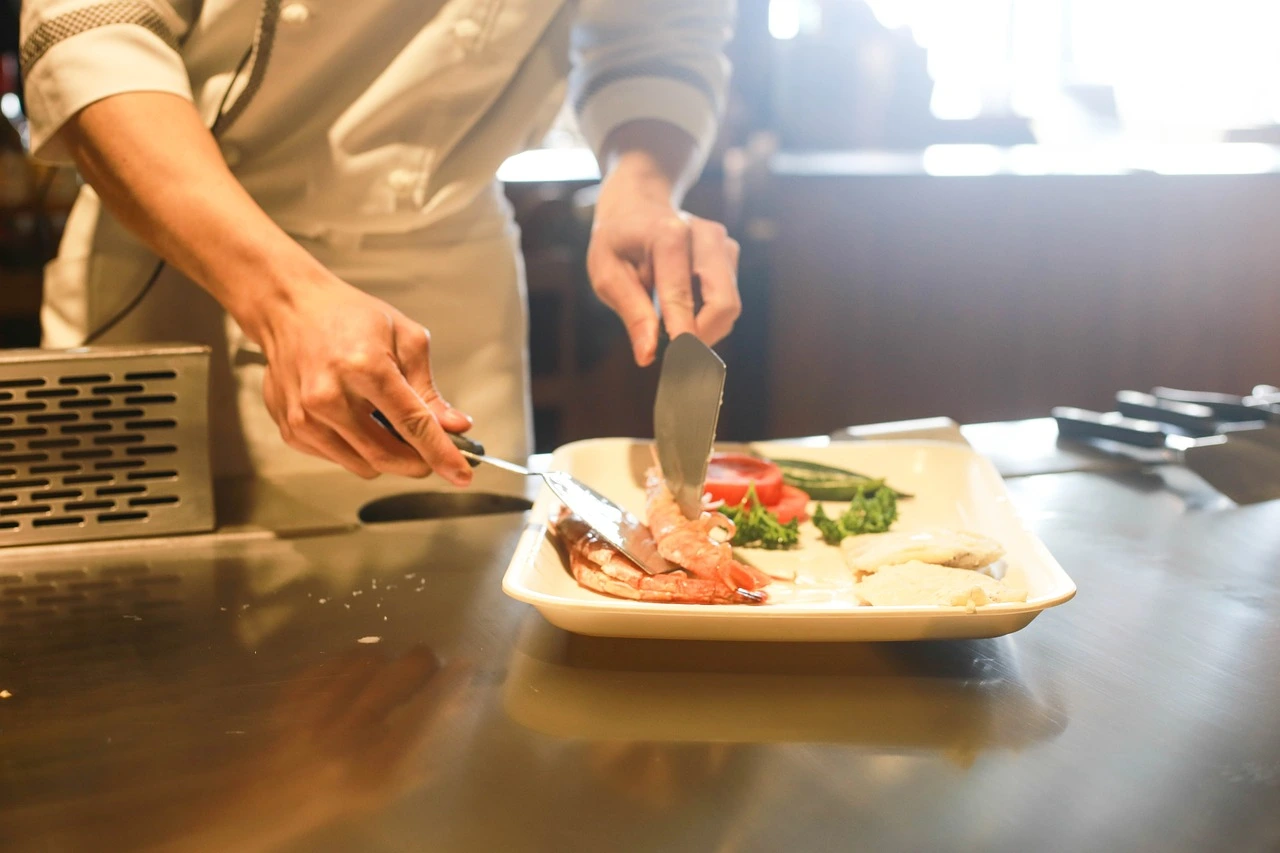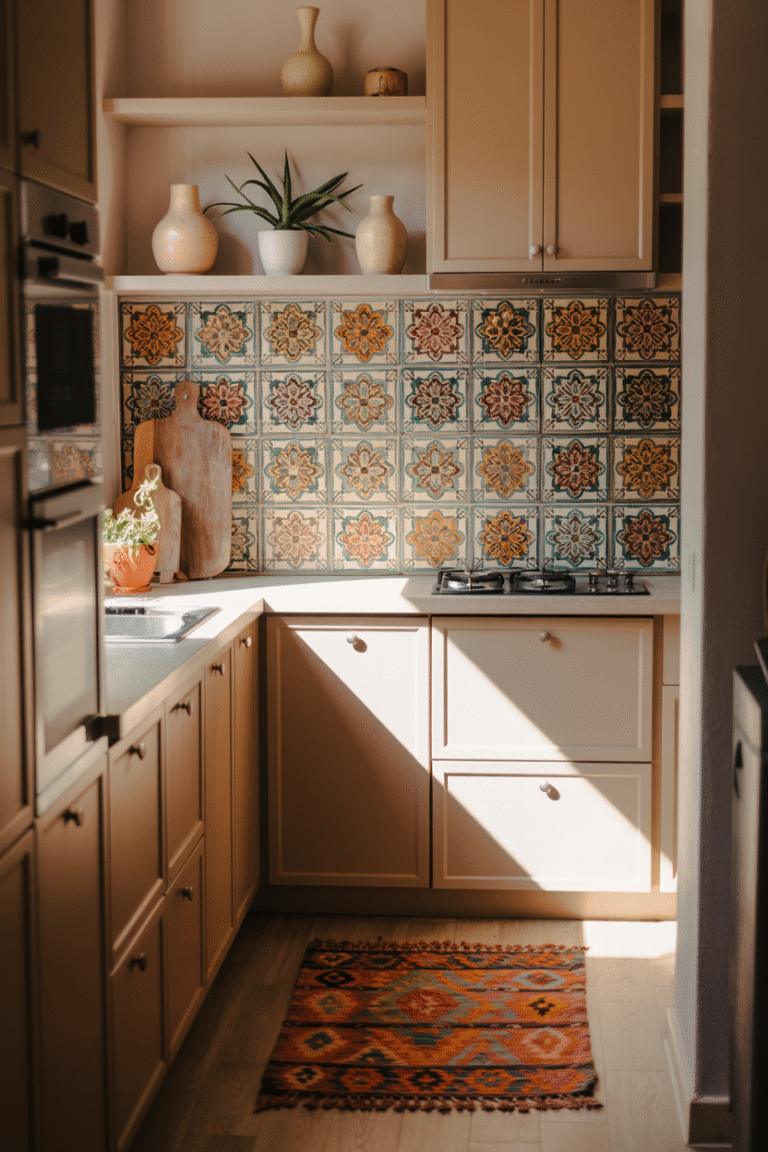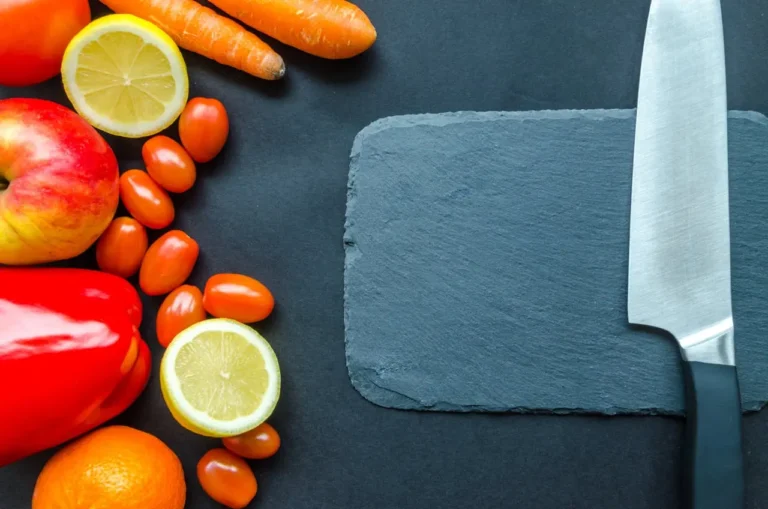
Picture this: It’s a Friday night, the restaurant is packed, orders are flying in, and the chefs are moving at lightning speed. But behind the scenes, there’s one person making sure the chaos doesn’t collapse into disaster, the kitchen porter.
I’ve worked in enough UK kitchens to know that while chefs get the glory, it’s the kitchen porters who keep the ship from sinking. If you’ve ever wondered who scrubs those endless piles of dishes, hauls out the rubbish, and ensures the kitchen doesn’t turn into a biohazard zone, this is your answer.
So, what exactly is a kitchen porter? In the simplest terms, they’re the backbone of any commercial kitchen. Their job is a mix of cleaning, prepping, and making sure chefs have what they need when they need it. It’s not glamorous, but without them, the whole operation falls apart.
I remember my first shift as a kitchen assistant, within an hour, I was elbow-deep in soapy water, wondering how one kitchen could produce so many dirty pans. By the end of the night, I had a newfound respect for the people who do this job day in, day out.
Now, let’s break it down properly.
What Does a Kitchen Porter Actually Do? (More Than Just Washing Up!)
If you think being a kitchen porter just means standing at a sink all day, you’re in for a surprise. Their role is way more varied and physically demanding than most people realise.
1. Cleaning & Sanitising – The Never-Ending Battle
The most obvious part of the job is keeping everything spotless. We’re talking:
- Washing dishes, cutlery, and cooking equipment (industrial dishwashers are a godsend, but some things still need scrubbing by hand).
- Deep-cleaning work surfaces, floors, and appliances (grease builds up fast, and health inspectors don’t mess around).
- Taking out rubbish and keeping bins organised (ever smelled three-day-old seafood waste? You don’t want to).
I once worked in a pub where the fryer hadn’t been properly cleaned in weeks. Guess who got stuck scraping solidified oil off it? Yep, the KP. It took two hours, a lot of degreaser, and even more elbow grease.
2. Food Prep Support – The Chef’s Right Hand
While kitchen porters aren’t cooking, they often help with:
- Peeling and chopping vegetables (if you’ve ever prepped 20kg of potatoes in one go, you know the pain).
- Portioning ingredients (measuring out butter, slicing bread, etc.).
- Restocking stations (because nothing slows service down like a chef running out of clean bowls).
3. Waste Management – Sorting, Recycling, Hauling
UK kitchens have strict waste disposal rules, so KPs:
- Separate food waste, recyclables, and general rubbish.
- Make sure nothing contaminates the recycling (a single greasy pizza box can mess up a whole batch).
- Haul heavy bins out for collection (rain or shine, I’ve done this in a storm, and it’s as fun as it sounds).
4. Equipment Maintenance – Keeping Things Running
Kitchen gear takes a beating, so KPs:
- Clean ovens, grills, and fryers (burnt-on food is the enemy).
- Descale coffee machines and taps (limescale is sneaky).
- Report broken equipment (because nobody wants a dishwasher flooding the place at peak hour).
5. Stock Receiving & Storage – The Hidden Organiser
When deliveries arrive, KPs:
- Unload and check orders (missing one crate of tomatoes can ruin the day’s menu).
- Rotate stock (old stuff at the front, new at the back, basic but crucial).
- Keep storage areas tidy (walk-in fridges are chaos zones if not managed).
Skills You Need to Survive as a Kitchen Porter
This isn’t a job you can just stroll into unprepared. After years in UK kitchens, here’s what I’ve learned separates the good KPs from the ones who quit after a week.
1. Physical Stamina – It’s a Workout in Disguise
- You’ll be on your feet for 8-12 hours.
- Lifting heavy pots, bins, and sacks is normal.
- Speed matters, when the dinner rush hits, you can’t lag.
Personal insight: My first month as a KP, I lost 4kg just from the constant movement. Free workout, I guess?
2. Attention to Detail – The Difference Between Clean and Clean
- Miss a bit of food on a plate? Instant complaint.
- Health inspectors will check the smallest things.
- Organisation prevents disasters (like running out of clean knives mid-service).
3. Teamwork – You’re Part of a Machine
- Chefs will shout (it’s rarely personal).
- Waitstaff rely on you for clean tableware.
- Other KPs become your lifeline during chaos.
4. Stress Management – Keeping Cool When All Hell Breaks Loose
- Things go wrong, dishes pile up, deliveries are late, someone drops a tray of glasses.
- Panicking makes it worse. A good KP stays focused.
True story: I once saw a KP calmly mop up a broken bottle of olive oil while the chef screamed about ruined risotto. Legend.
5. Adaptability – Every Shift is Different
- One day you’re scrubbing pans, the next you’re prepping salad bar toppings.
- Kitchens are unpredictable, you learn to roll with it.
Kitchen Porter vs. Dishwasher – What’s the Real Difference?
People use these terms interchangeably, but in UK kitchens, there’s a distinction.
| Dishwasher | Kitchen Porter |
|---|---|
| Mostly washes dishes | Cleans and assists with prep |
| Limited responsibilities | Handles waste, stock, equipment |
| Often entry-level | Can lead to chef training |
In smaller cafes, one person might do both roles. But in restaurants, KPs have more responsibility.
Kitchen Porter Salary in the UK (2024 Figures)
Let’s talk money because bills don’t pay themselves.
- Hourly rate: £9-£12 (higher in London).
- Annual salary: £18k-£22k (more in high-end places).
- Overtime: Common during holidays/events.
Tips? Rare, but some places split service charges.
My experience: I earned £10.50/hr in a Manchester gastropub, with extra for Sunday shifts. Not luxury, but liveable.
Career Path – Can You Move Up?
Absolutely! Many UK chefs start as KPs. Here’s how progression looks:
- Commis Chef – After learning basics, you train in cooking.
- Sous Chef – Supervise sections of the kitchen.
- Head Chef – Run the whole kitchen.
I’ve worked with two head chefs who started as KPs. Hard work pays off.
Final Verdict – Is Being a KP Worth It?
Pros:
- No experience needed.
- Steady work (UK hospitality always needs KPs).
- Can lead to chef training.
Cons:
- Physically tough.
- Pay isn’t amazing.
- Stressful during rushes.
If you don’t mind hard work and want to break into kitchens, it’s a solid start. Just invest in good non-slip shoes, your feet will thank you.
So next time you’re in a restaurant, spare a thought for the KP. Because without them, your food would arrive on a dirty plate… and nobody wants that.






